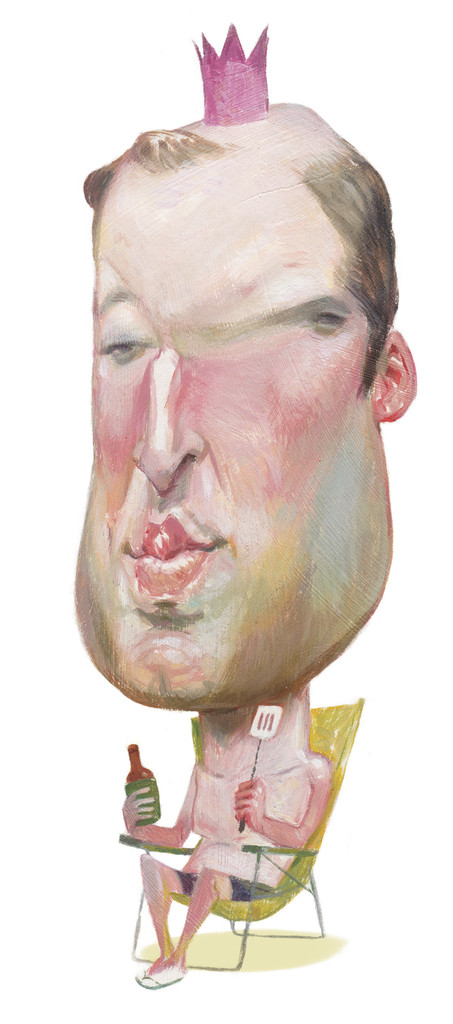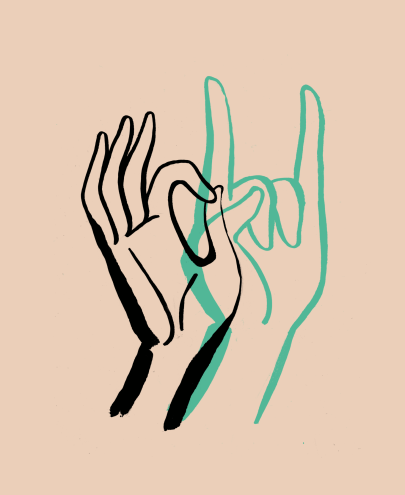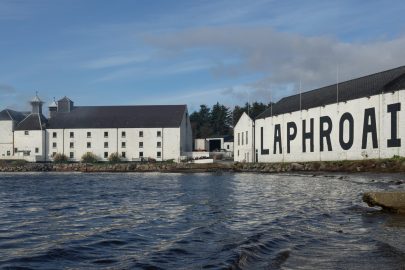Jun 4, 2014 People

William, King of New Zealand, is dead at 94. He is survived by his wife, seven children, 28 grandchildren and his grandmother, the Queen, who is 150.
“He loves rugby, helicopters and me,” his glamorous wife Kate wrote in her New Zealand Herald blog. “And wine. He’s a very conventional chap.” It was true: they were ordinary folk with ordinary tastes: the down-to-earth family next door with a net worth of one or two billion dollars; a helipad; an entourage of paparazzi, stalkers, and Rachel Glucina.
Born to be King of England, William was also born to wait. Waiting brought him to New Zealand, waiting kept him here the rest of his natural life.
“Sir mate, would you like to be our Governor-General?” John Key would ask him whenever they met. William said it had felt churlish in the end to keep saying no. “Not to mention the leg humping. It was becoming dreadfully awkward.”
“And we did quite like the press,” said Kate. “They were so terribly nice, cooing and fawning and gushing over us, whatever we did. The first time one of them tugged their forelock I couldn’t help giggling. It was so funny to see all those All Blacks curtseying.”
There were initial disappointments. “We were told we could ‘chillax’ with a beach house at Omaha,” William said, “so we bought 10 on the waterfront. But the neighbours were appalling. Never stopped talking about money. We might as well have been at one of Harry’s parties.”
Republicans objected to the appointment, but William would prove to be a remarkably useful Governor-General. Polite, reasonable, open-minded, he was everything Prime Minister Judith Collins was not. He became the person to whom the nation turned with their problems.
He instructed Hell Pizza to make their food edible, and he put an end to their appalling advertising.
He fixed the AT Hop card, he fixed Seven Sharp. He gave Countdown a jolly good talking-to.
Through clever goading of Eric Watson and Owen Glenn, he secured two enormous endowments for the Westpac rescue helicopter.
He even intervened in the property market when the price of the average Auckland house reached $5 million, and was lauded for it, even though the stabilisation lasted only four-and-a-half months.
To the largest extent, his role was to smooth the pillow of a nation whose best days were behind it. Made King of New Zealand by the Queen on her 120th birthday, William used his prestige to woo investors. Numerous plutocrats and Russian oligarchs made their way here, but most invested only in dairy farms and private islands. Few new job opportunities were created, with the exception of barista, jet boat driver and glamorous companion.
Ordinary people found the daily grind steadily harder, their rewards steadily more meagre. And yet New Zealanders came to feel quite comfortable with benign feudalism. “He’s all right, that Will,” people said. “He’s just really nice. And she’s a lovely person, you can tell just by looking at her.”
The King himself said he found it an agreeable way to pass the time. “He puts the ‘village’ in privilege,” Kate told the Daily Mail. “If he comes upon someone with a flat tyre, he’ll get one of our security team to change it for them. We feel very relaxed here. And it’s a lovely place to bring up children. All our nannies have said so.”
First published in Metro, May 2014. Illustration by Daron Parton.





